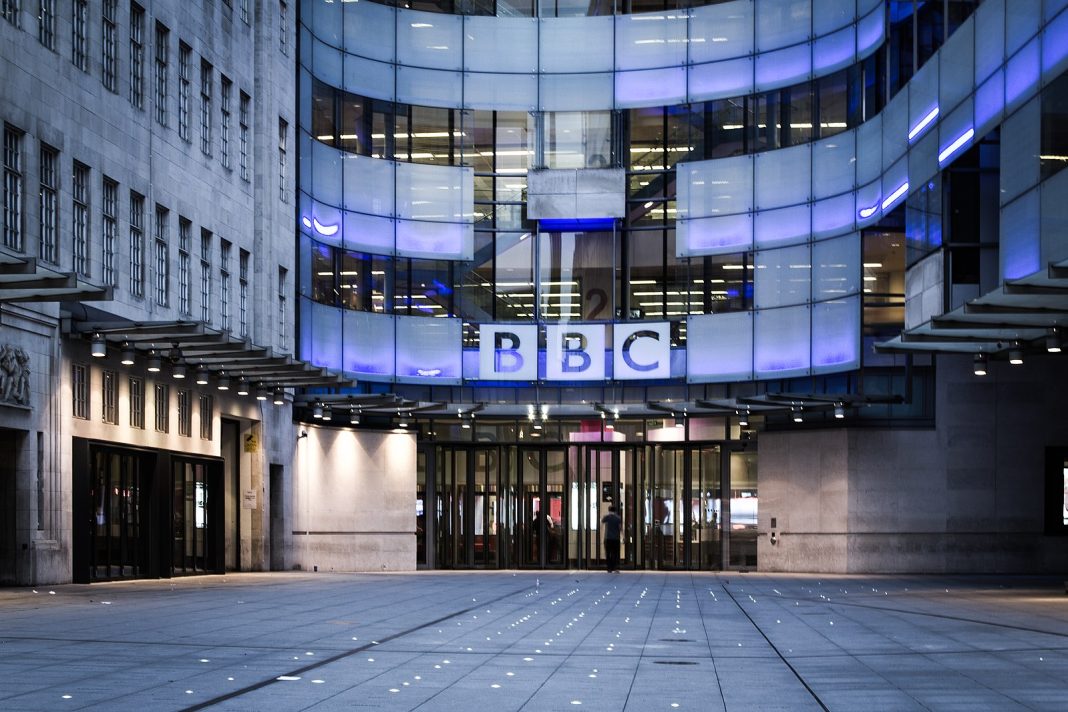The BBC is no stranger to scandal. From its MI5-assisted vetting of political ‘subversives’ to its contentious relationship with the Thatcher government, the broadcaster’s reputation has rarely been without controversy. While this is hardly rare for news outlets, the implications are particularly worrying for the BBC due to just how strong its influence is, with 68% of UK adults consuming some format of BBC journalism. In this context, the BBC’s tarnished history raises concerns about its contemporary dominance and future prospects, especially due to its standing as a public broadcaster with claims of independence and impartiality. Sadly, even these key qualities are constantly neglected.
Since 1927, a series of royal charters have outlined the BBC’s governance, including a guarantee of its editorial independence. However, recent events have provoked much criticism of government ties, such as the financial favours occurring between the BBC chairman and then Prime Minister Boris Johnson, or the suspension of Gary Lineker upon alleged ‘government pressure’. Last year, leaked messages revealed that BBC journalists had received pressure from Downing Street to criticise the Labour Party more harshly, and to avoid using the word ‘lockdown’ to describe 2020 pandemic measures, which they did. Clearly, these actions are highly unfitting for an independent broadcaster intended to serve the public interest.
While it’s easy to condemn the government for interfering with public broadcasting, the BBC is no innocent pawn. There is a key distinction between receiving government instructions and actually implementing them. And yet, the BBC has consistently yielded to partisan instruction, contradicting its claims of editorial independence and jeopardising its public reliability. With the BBC being the most frequently used source of UK election news, this string of journalistic failures sets a dangerous precedent for electoral authenticity.
Concerns over bias show no signs of slowing down. Despite its apparent commitment to impartiality, the BBC has an extensive history of bias allegations, consistently facing both left-wing and right-wing assertions. This generally works to the BBC’s advantage, as the common perception is that these allegations – often equal in number – tend to neutralise one another, serving as a token of the institution’s impartiality. However, this impression of neutrality is a somewhat shallow one, simplifying the matter of institutional bias into an overly dualistic argument.
But an often overlooked aspect of the impartiality debate is the BBC’s disappointing approach to bias accusations. Only 25 complaints of bias were upheld over a recent five-year period, out of approximately over 600,000. Note that the BBC – unlike any other UK broadcaster – has the unique ability to investigate its own complaints, preventing Ofcom from handling matters independently. While there will inevitably be complaints that are unjustifiable, such a staggering statistic makes it hard to imagine that the BBC’s internal watchdog is entirely committed to protecting good journalism, rather than the corporation’s own reputation.
Naturally, many will recall that the BBC has a history of concealing information for the sake of its reputation. In 2011, BBC executives opted to suppress a report into the late broadcaster Jimmy Savile, fearing that the publicising of his many crimes may harm his image, as well as that of the broadcasting giant itself. It was not until a year later that his abhorrent offences were revealed (by ITV), leading to much criticism of the BBC’s accountability.
The ongoing debacle surrounding Huw Edwards has obvious parallels to the Savile scandal, and demonstrates how the BBC has changed its approach in dealing with major controversies. No longer does the institution bury its failures so emphatically: Savile was posthumously honoured with tributes, whereas Edwards was suspended and publicly arrested. Despite the fact that the latter was still paid during his suspension – earning a total of £200,000, all publicly funded – this certainly marks a step, albeit a slow one, towards responsibility.
With more people getting their news from online sources than anywhere else, we can expect the BBC to depend more significantly upon younger audiences in future years, due to it being publically funded. Irrelevance is a common fate for legacy media, and the BBC shall be in an unenviable position if it fails to win the attention of future generations. For consumers aged 18-24, social media is the most commonly used platform for news. In all likelihood, this means that soon the BBC shall be yet another account fighting for prominence in your feed, eager to attract a youthful viewership.
Social media is generally deemed less trustworthy than traditional outlets as a platform for news, and rightfully so. It is therefore our responsibility to rigorously scrutinise the facts we are presented with, and to always, always demand high-quality journalism. The BBC is no exception: whether online or offline, there is never an excuse for the facts to be corrupted by individual biases or institutional failures. As the young audience that the BBC craves, it will be our engagement, or lack thereof, that will dictate the organisation’s future.
The oldest and largest public broadcaster should be an icon to be proud of, not some murky corporation perpetually mired in controversy. To stay afloat in a rapidly-evolving media landscape, more needs to be done to assure this country that the BBC serves the public interest first, and its executives second. For much of its lifespan, the BBC has been an inspiration to public broadcasters worldwide – unless improvements are made soon, it is only a matter of time until this legacy is lost.


